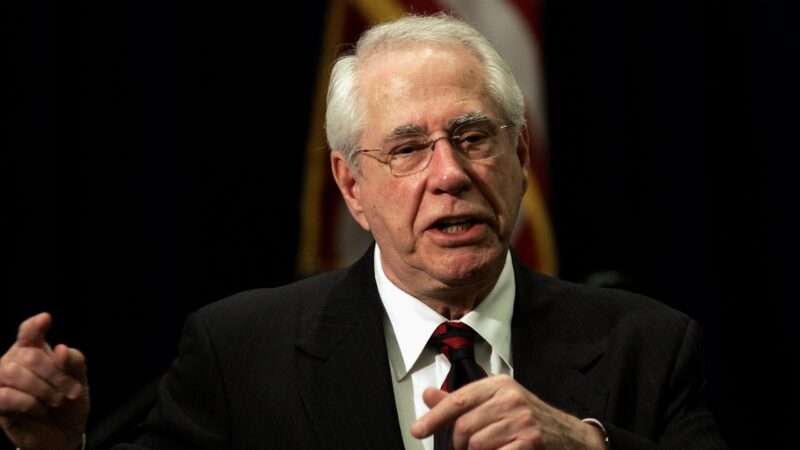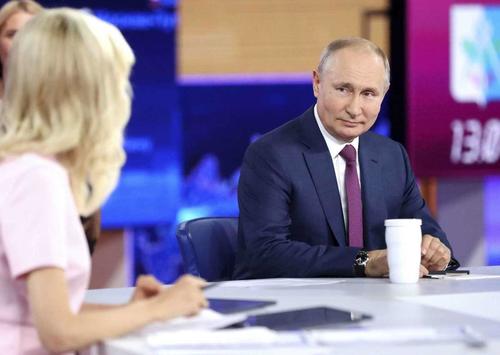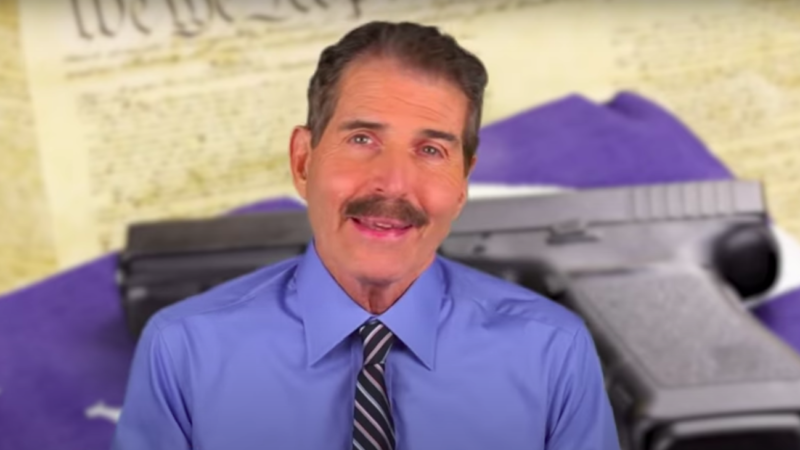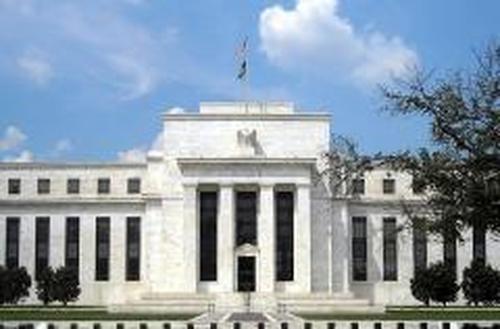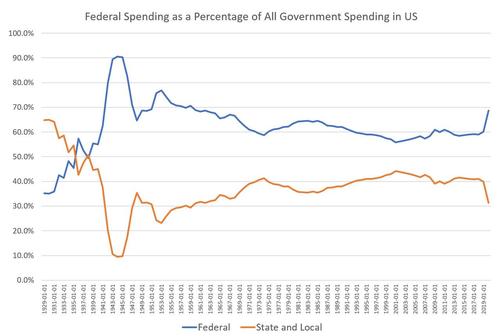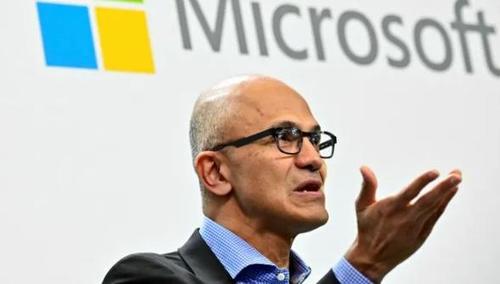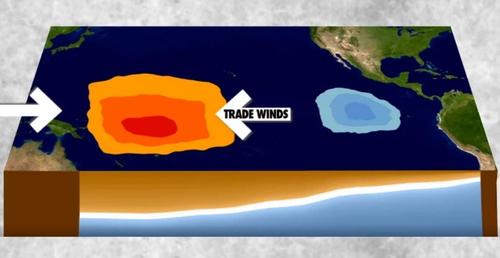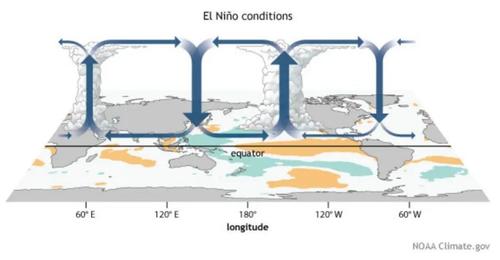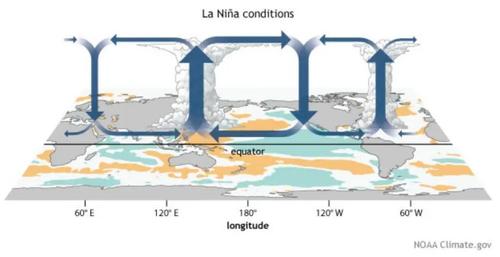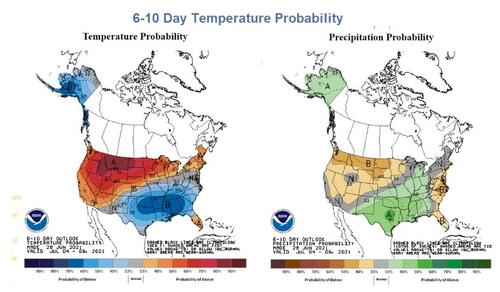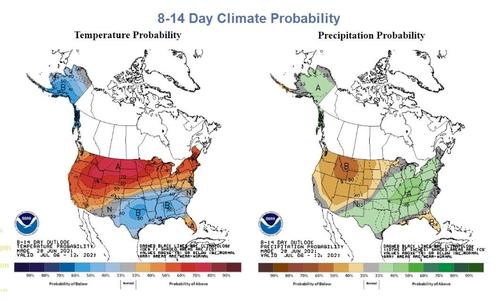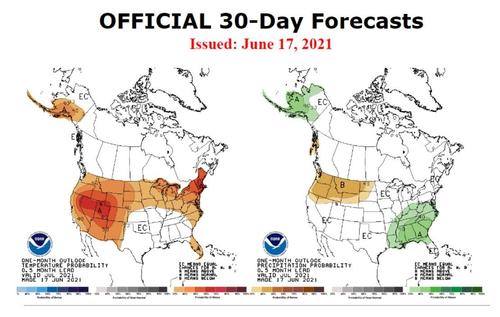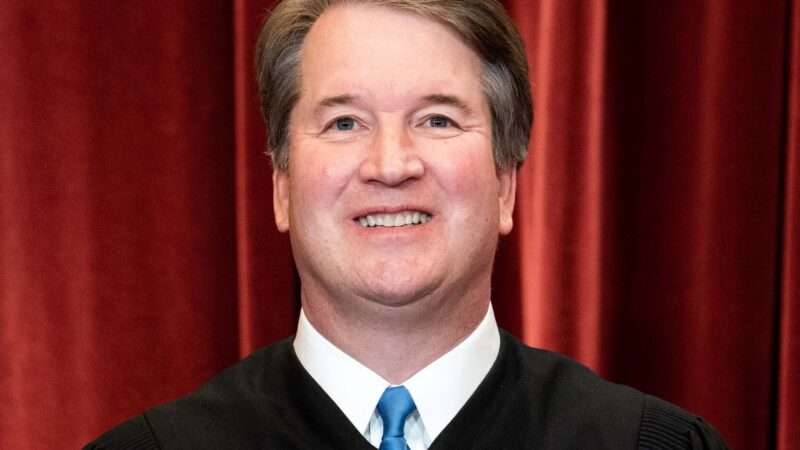
The Supreme Court yesterday declined to remove a stay on a decision against the nationwide eviction moratorium that the Centers for Disease Control and Prevention (CDC) imposed in response to the COVID-19 pandemic. A concurring statement by Justice Brett Kavanaugh nevertheless indicates that a majority of the Court thinks the CDC’s order, which was recently extended and is now scheduled to expire at the end of July, exceeds its statutory authority.
On May 5, Dabney Friedrich, a federal judge in Washington, D.C., ruled that the moratorium, which applies to tenants who claim financial hardship, is not authorized by the Public Health Service Act, the statute that the CDC cited as the basis for its order. “Because the plain language of the Public Health Service Act…unambiguously forecloses the nationwide eviction moratorium,” Friedrich wrote, “the Court must set aside the CDC Order, consistent with the Administrative Procedure Act…and D.C. Circuit precedent.”
Friedrich granted a stay of her order pending the government’s appeal, and on June 2 the U.S. Court of Appeals for the D.C. Circuit declined to lift that stay. The plaintiffs—landlords, real estate companies, and trade associations—appealed that decision to the Supreme Court.
Four justices—Clarence Thomas, Samuel Alito, Neil Gorsuch, and Amy Coney Barrett—thought the stay should be lifted, meaning that Friedrich’s decision against the CDC would take effect immediately. Chief Justice John Roberts and four of his colleagues—Stephen Breyer, Elena Kagan, Sonia Sotomayor, and Brett Kavanaugh—disagreed. But Kavanaugh, whose vote against lifting the stay was crucial, said he thought Friedrich was right.
“I agree with the District Court and the applicants that the Centers for Disease Control and Prevention exceeded its existing statutory authority by issuing a nationwide eviction moratorium,” Kavanaugh wrote. “Because the CDC plans to end the moratorium in only a few weeks, on July 31, and because those few weeks will allow for additional and more orderly distribution of the congressionally appropriated rental assistance funds, I vote at this time to deny the application to vacate the District Court’s stay of its order….In my view, clear and specific congressional authorization (via new legislation) would be necessary for the CDC to extend the moratorium past July 31.”
Since the CDC says it does not plan to further extend the moratorium, it is not clear whether the order’s legality will ever be definitively resolved. The D.C. Circuit differed with Friedrich, saying “the CDC’s eviction moratorium falls within the plain text” of the Public Health Service Act. But three other federal judges and the U.S. Court of Appeals for the 6th Circuit have agreed that the moratorium is legally invalid.
The Public Health Service Act authorizes the secretary of health and human services to issue regulations that “in his judgment are necessary” to prevent the interstate spread of “communicable diseases.” One of those regulations delegates a similar authority to the CDC’s director.
The statute mentions these examples of disease control measures: “inspection, fumigation, disinfection, sanitation, pest extermination,” and destruction of infected or contaminated “animals or articles.” It then refers to “other measures” deemed “necessary,” which according to the CDC encompasses pretty much anything.
Friedrich, two other federal judges, and the 6th Circuit concluded that the CDC was wrong about that, saying “other measures” must be similar in kind to the specific examples. Another federal judge ruled that even Congress does not have the authority to impose a moratorium like the CDC’s, because forcing landlords to continue housing tenants who fail to pay their rent exceeds the federal government’s power to regulate interstate commerce.
The CDC’s justification for the moratorium, which it first imposed in September, is that evicted tenants might become homeless or move in with other people, thereby increasing the risk of virus transmission. That malleable rationale, coupled with the CDC’s broad reading of the Public Health Service Act, implies that the agency has boundless authority to dictate how Americans can behave and interact with each other, provided it thinks the edicts are “reasonably necessary” to prevent the interstate spread of “any” communicable disease.
South Texas College of Law professor Josh Blackman is not impressed by Kavanaugh’s explanation for leaving the CDC’s order in place. “The application [to remove the stay] was filed on June 3,” he writes in a Volokh Conspiracy post. “The response was due on June 10. The application has been pending for 19 days. It did not take 19 days to write a one-paragraph concurrence. No one wrote a dissent in response. The Court was no doubt hoping Biden would decline to extend the moratorium so the case would go away. But the administration did extend it. And with 31 days remaining on the order, Justice Kavanaugh now says there are only a ‘few weeks’ left….Therefore, he will decline to grant relief. If the Court moved with alacrity, the rule of law would have already been restored.”
from Latest – Reason.com https://ift.tt/3qISNX5
via IFTTT
